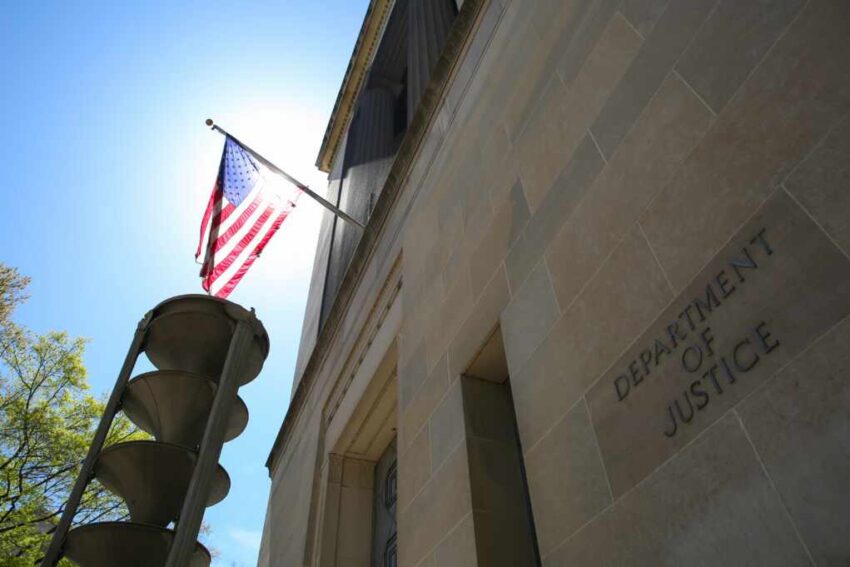New disclosures reveal that survivors of Jeffrey Epstein and Ghislaine Maxwell are criticizing the Department of Justice over its handling of grand jury testimony and Maxwell’s prison transfer, raising questions about transparency and victims’ rights in high-profile criminal cases.
At a Glance
- Epstein and Maxwell survivors allege lack of transparency in ongoing investigations.
- DOJ is criticized for not consulting victims on grand jury developments.
- Maxwell was recently transferred to another federal facility.
- Survivors call for release of full grand jury testimony records.
- Victims’ advocates cite possible violations of legal protocol.
Demands for Transparency
Survivors and advocates involved in the Jeffrey Epstein and Ghislaine Maxwell cases have issued strong statements challenging the Department of Justice’s recent actions. They argue that the DOJ failed to inform or consult them before making key decisions regarding grand jury testimony related to Maxwell’s activities. The controversy intensified after the agency declined to share detailed information about the latest proceedings, despite the legal requirement to consider victims’ perspectives under federal law.
Watch now: Epstein victims write letter condemning DOJ request for… · YouTube
Advocates assert that the sudden transfer of Maxwell to a different prison was conducted without proper explanation or notification to the survivors. This move has been interpreted by some as an attempt to limit public access to information about Maxwell’s incarceration and the ongoing investigation. Calls for the release of unredacted grand jury records have grown louder, with supporters emphasizing the need for full transparency to maintain public trust.
Procedural Concerns
Legal experts note that the DOJ is generally required to notify victims about significant developments in criminal cases, particularly those involving grand juries or high-profile transfers. Some survivors have suggested that these recent actions may not align with the mandates of the Crime Victims’ Rights Act, which guarantees the right to be heard and to receive information about case proceedings. The DOJ has yet to respond to requests for clarification regarding its protocols in the Epstein-Maxwell investigation.
The grand jury testimony at issue reportedly includes material not previously disclosed during Maxwell’s trial. Victims’ representatives argue that this evidence could clarify the extent of Maxwell’s and Epstein’s alleged criminal network, including the potential involvement of additional individuals. Congressional interest in the case has also increased, with lawmakers seeking answers on whether federal protocols were followed.
Broader Implications
The unfolding situation adds another layer of complexity to the ongoing legal aftermath of the Epstein scandal. Survivor advocacy groups continue to urge Congress and the Justice Department to prioritize transparency, warning that failure to do so may erode confidence in the judicial process. The DOJ’s approach to communication with victims will likely face continued scrutiny as more records and decisions come to light in the coming weeks.
Sources
Click this link for the original source of this article.
Author: Editor
This content is courtesy of, and owned and copyrighted by, https://deepstatetribunal.com and its author. This content is made available by use of the public RSS feed offered by the host site and is used for educational purposes only. If you are the author or represent the host site and would like this content removed now and in the future, please contact USSANews.com using the email address in the Contact page found in the website menu.








